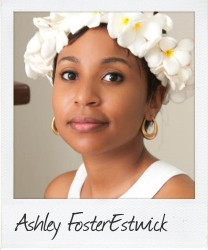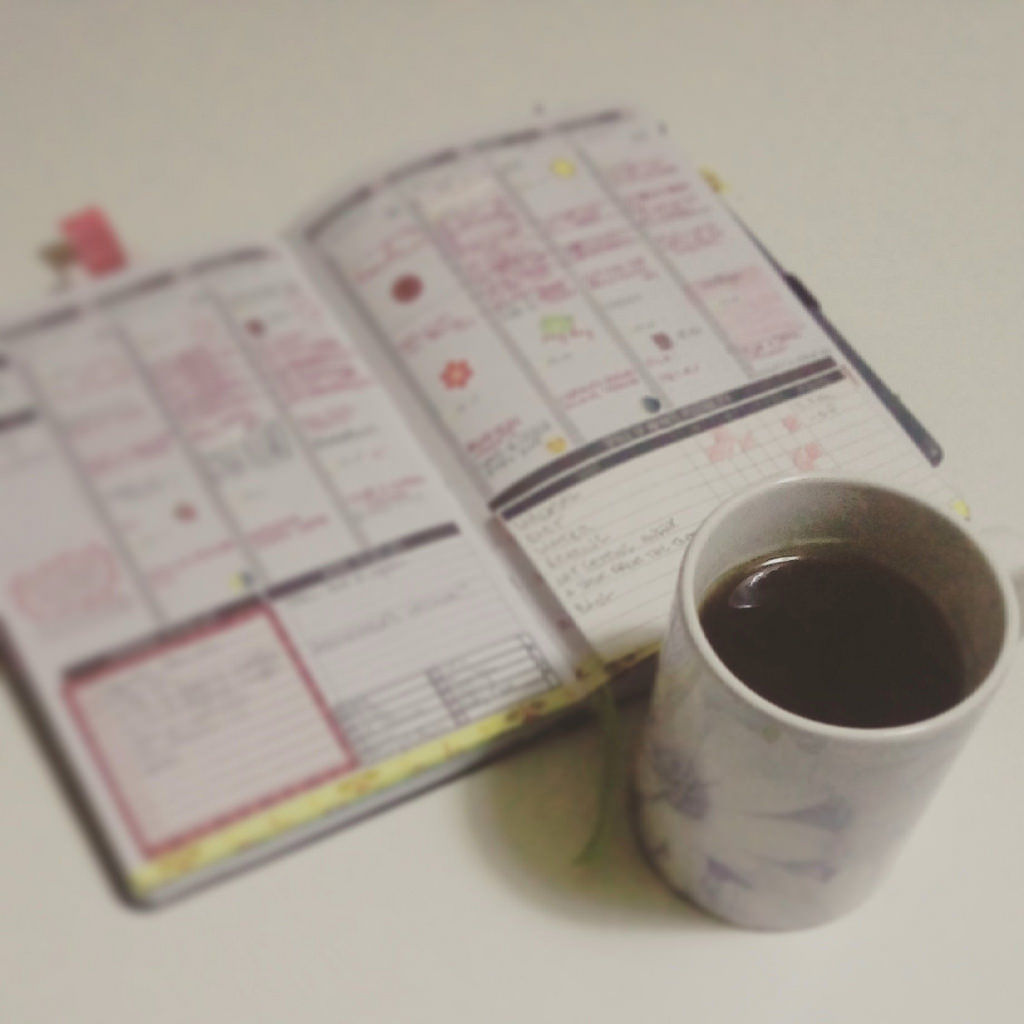“Menstrual hygiene and green philosophy”
December 22 The green revolution has made its mark on many aspects of society, writes Ashley Foster-Estwick, 25, a Correspondent from Barbados, but has not yet fully integrated into a part of life that is a routine issue for women.
The green revolution has made its mark on many aspects of society, writes Ashley Foster-Estwick, 25, a Correspondent from Barbados, but has not yet fully integrated into a part of life that is a routine issue for women.
The green philosophy has been branded as the new wave of environmentalism that forges a consistent analysis of the way we produce and use environmentally degrading products.
The growth of this green standard peaked in the 20th century. Green politics addresses hardcore issues such as climate change policies and carbon emissions taxes, with conferences and summits held annually by nations to address the 21st century’s major environmental problem: global warming.
However, as all manufacturers and individuals seek to redress environmental degradation of the past, can gender equality be incorporated into waste reduction initiatives in such a way that any one person can understand? Can a female perspective on product use address issues unique to women’s health and standard of living? When I asked myself this question, the most glaring health issue staring me in the face – and an omnipresent source of frustration – my menstrual cycle was the most obvious answer.
In 2016 it is imperative to engage in an open dialogue about the alternatives to conventional pads and tampons. Silicone coated paper, plastic, rayon, bleach and synthetic fibres are the only disclosed ingredients included in the production of non-reusable pads and tampons. Once discarded, they overtake landfills across the globe. This phenomenon reiterates the need for a more comprehensive sexual and reproductive health education that allows girls and women to have the option of substitutes, as well as a simple say in the ingredients used to fabricate their feminine hygiene products.
Supporters of the ‘green menstruation’ agenda have demanded more transparency regarding the ingredients in pads and tampons. Protests across the United States of America regarding the non-disclosure of the Food and Drug Administration’s role have yet to reach the shores of Barbados or the Eastern Caribbean.
In any retail outlet across Barbados, pads and tampons are the exclusive options at a woman’s disposal for menstrual hygiene. The prices at which these products are purchased incur an additional fee of 20 per cent once imported, and this translates to a 17.5 per cent consumer tax at the cashier’s till. The selection in the West Indies has remained static for years. With an emerging market for eco-friendly alternatives, any female regardless of age, budget or mobility should have access to them.
There are four options similar to pads and tampons available to women and with an additional product to hit the market, period underwear will revolutionise the period conversation. To briefly highlight their benefits:
Organic, cotton washable pads are hand washable and they air dry. They have a maximum life of six years and support artisanal workers who design the pads.
Biodegradable, compostable pads are fully compostable. They are one-time use and the ideal consumer is anyone allergic to bleached cotton.
The sea sponge tampon is an actual sea sponge to be cleansed prior to insertion. It has a maximum six months shelf life and the ideal consumer is anyone allergic to bleached cotton.
The menstrual cup is made of 100 per cent medical grade silicone. It has a maximum life of ten years, and the ideal consumer is anyone allergic to latex or anyone looking for a higher return on investment.
As the period revolution marches on, the introduction of “Thinx” and other underwear branded as ‘period proof’ has changed the period conversation. The erasure of tampons, pads, cups or any other material which requires insertion is a reality, and it is accessible for thousands of women. The panties work by providing a leak proof core made of special material which absorbs and attracts blood while still leaving you dry after eight hours. The size of the underwear is matched to your blood flow and physical activity.
Period proof underwear is not available in any store in Barbados or neighbouring islands. While this is an inconvenience and an example of retarded practices towards women’s reproductive health, when we talk about gender equality many persons exclude women in the disabled community. Disabled women are often overlooked members of the female community and their access menstrual products is limited to options that require additional time to unwrap and use. The period panty, while beneficial for able bodied women, is a greater asset for those in the disabled community.
As we attempt to practice inclusiveness in all political areas and face a barrage of environmental actions on all fronts, one of the most natural processes a female will go through in life is her period. It, too, warrants a comprehensive outlook. Until our politicians seek to engage in this conversation, girls and women must take responsibility and ensure that we break the cultural taboo surrounding menstrual hygiene and advocate for safer, more sustainable products that are geared to better our reproductive health.
Reach me on Twitter @MissAshleyFE
Photo credit: PhoebeZu Tea and Last Week via photopin (license)
…………………………………………………………………………………………………………………
About me: I was born and raised on the island of Barbados. While writing has always been an outlet for my creative ideas or thoughts, I never fully pursued it as a career. Instead I have studied business, languages and politics.
I work in administration and management sectors, hoping to use these skills to cross over into the management of public health. My hope is to use this platform as a way to stimulate conversation with my peers and reenergise my writing.
…………………………………………………………………………………………………………………
Opinions expressed in this article are those of the author and do not necessarily represent the views of the Commonwealth Youth Programme. Articles are published in a spirit of dialogue, respect and understanding. If you disagree, why not submit a response?
To learn more about becoming a Commonwealth Correspondent please visit: http://www.yourcommonwealth.org/submit-articles/
…………………………………………………………………………………………………………………






